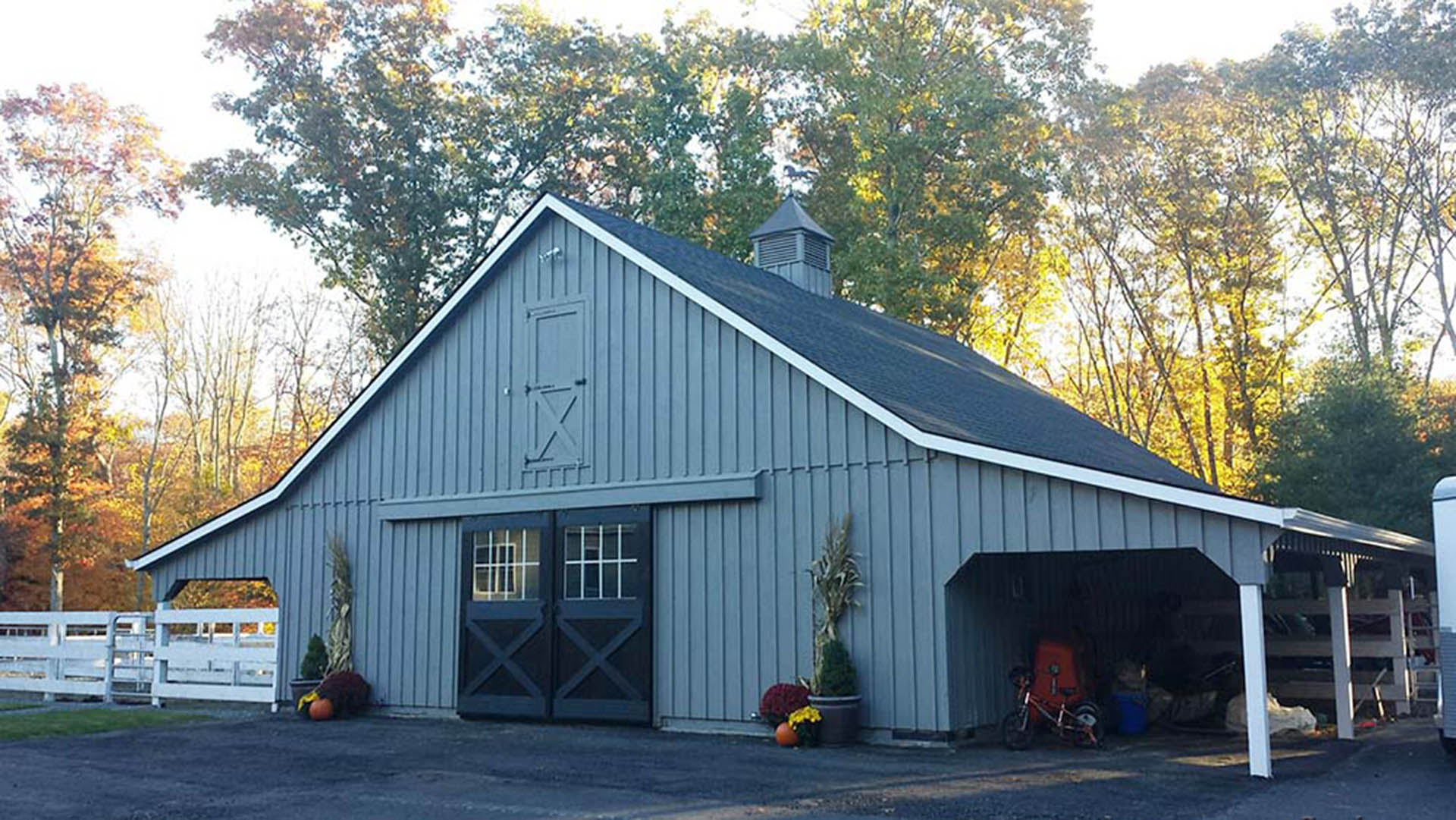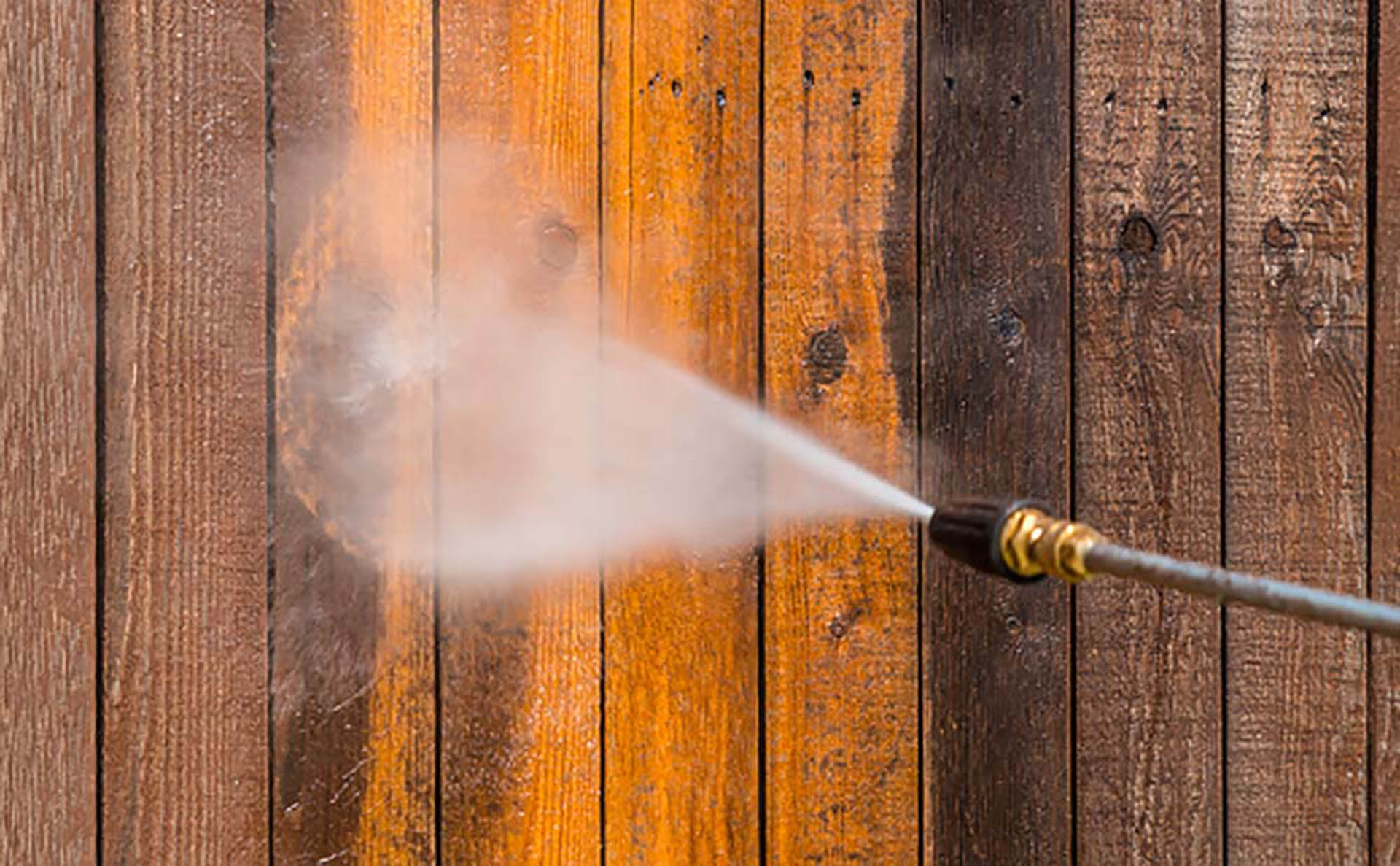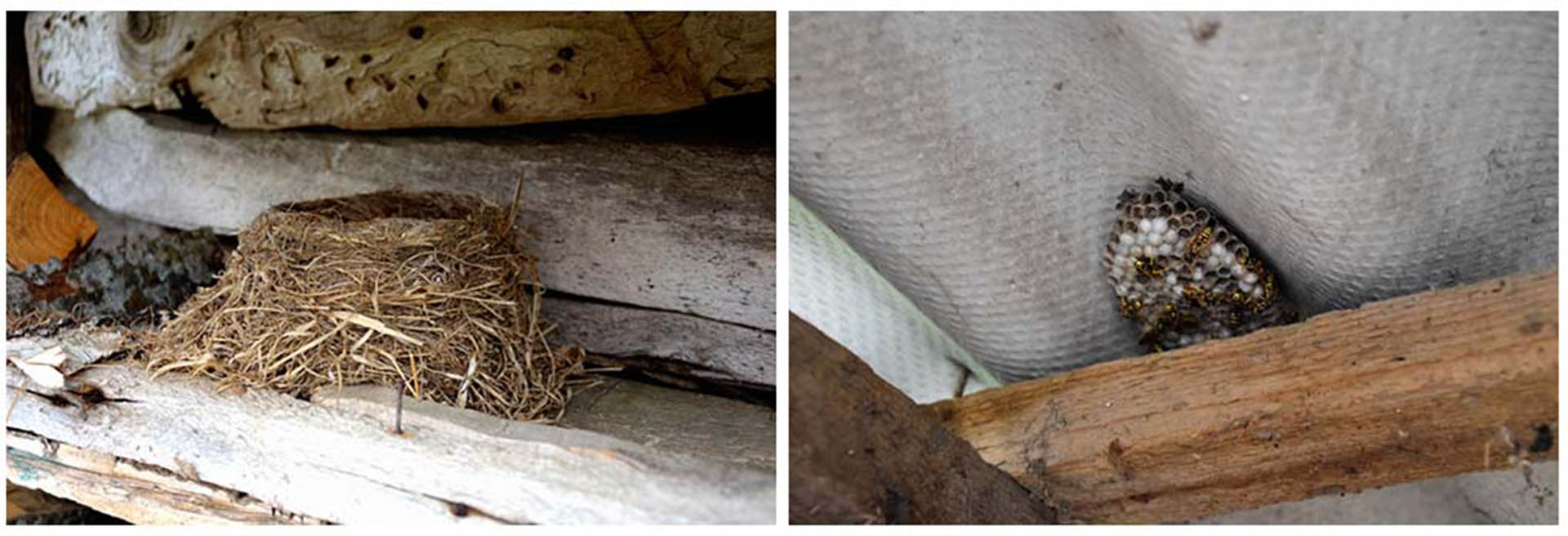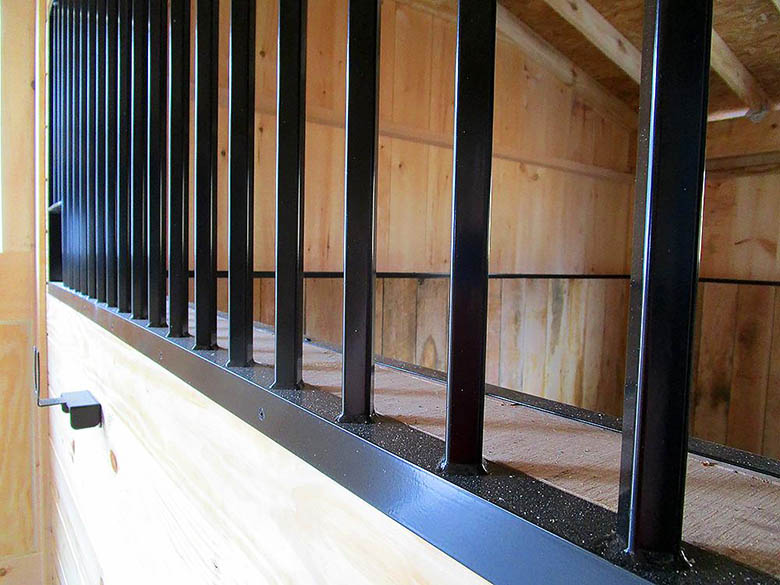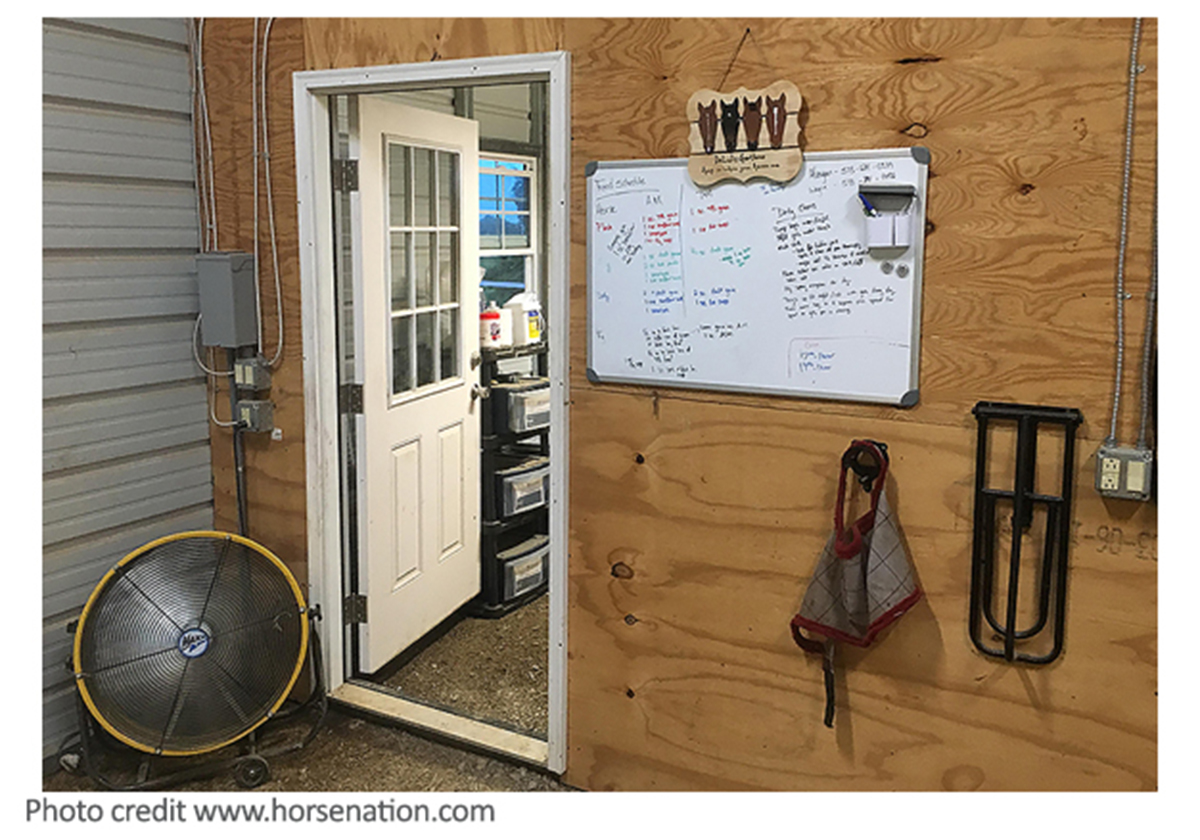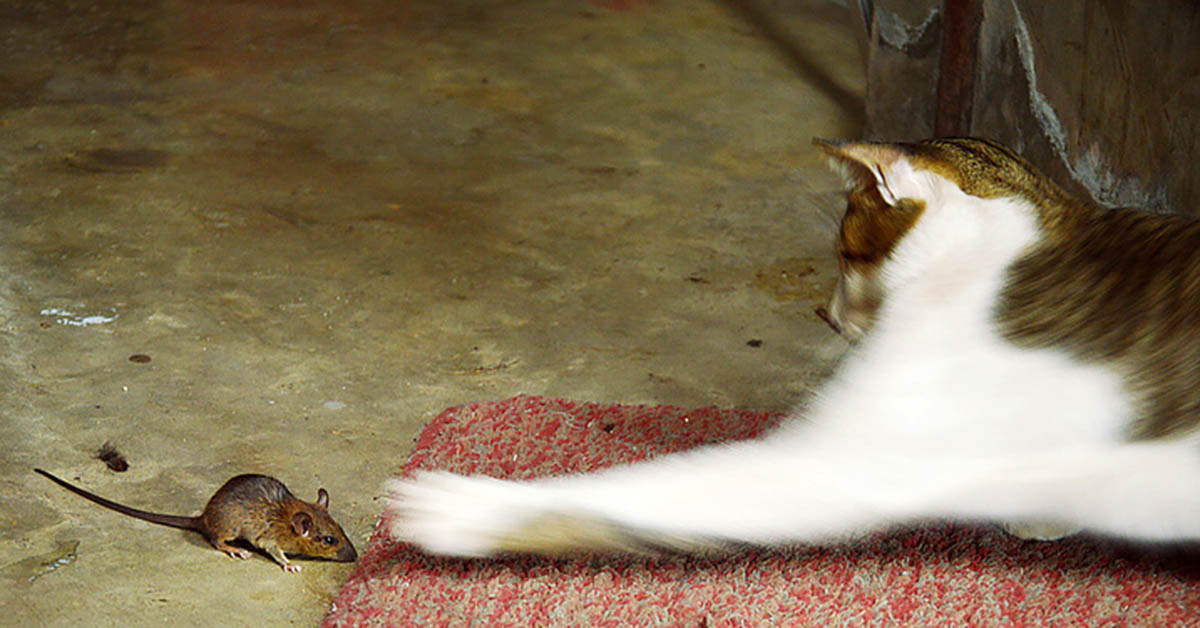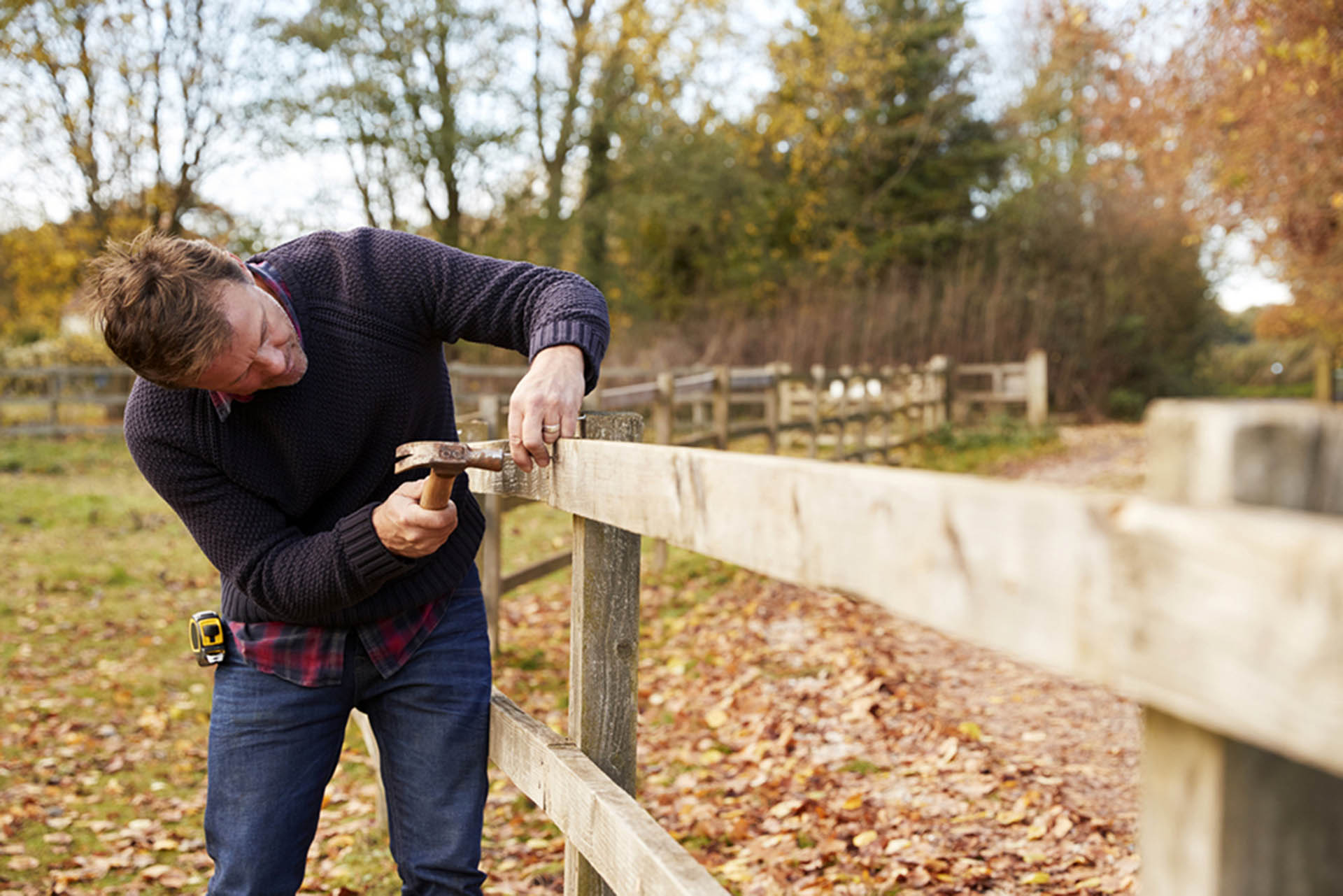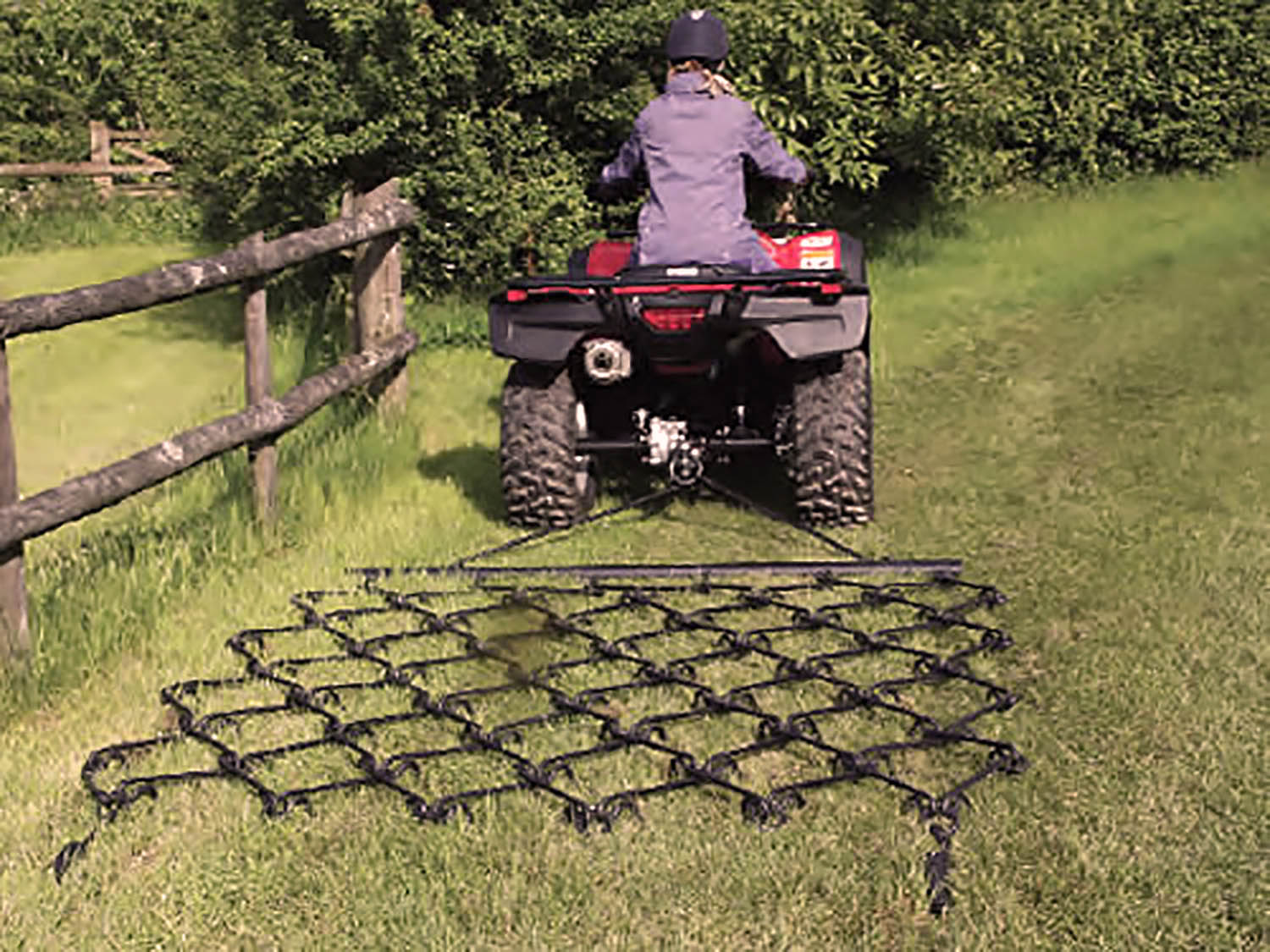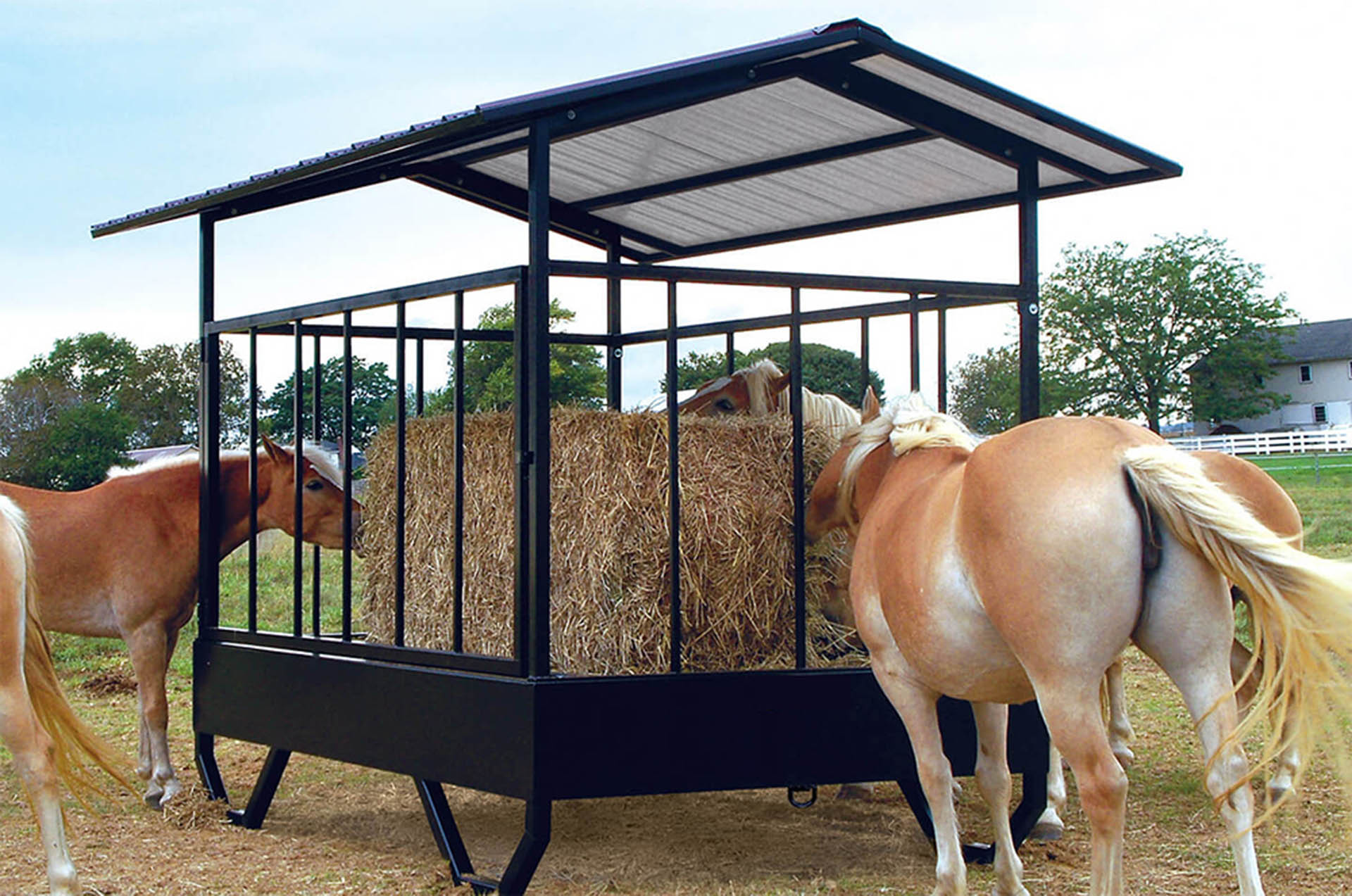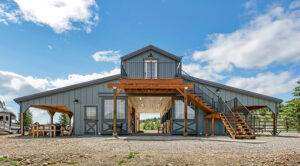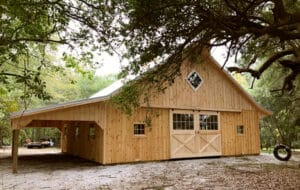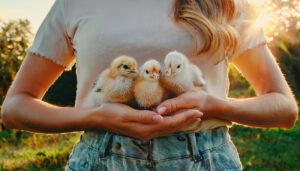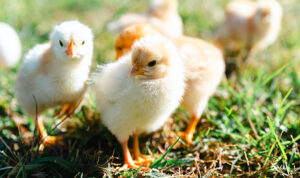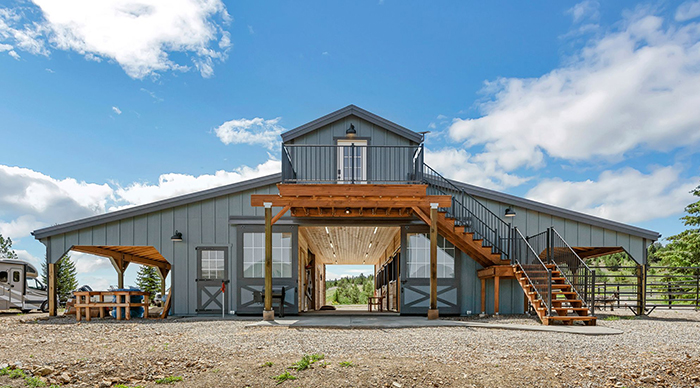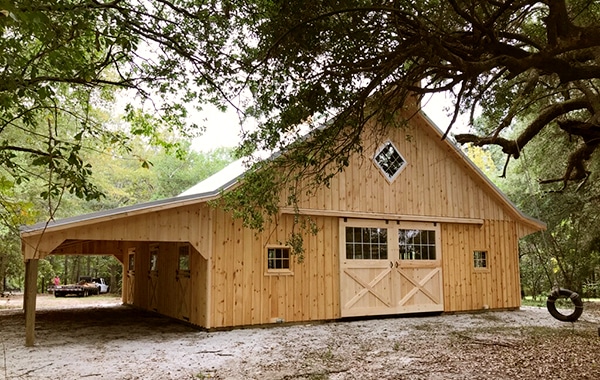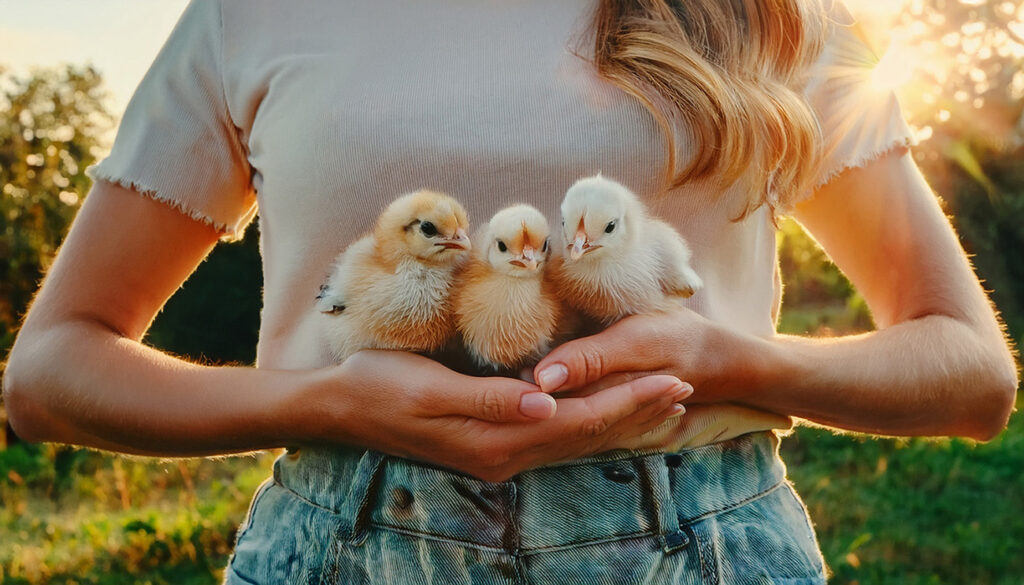Winter is around the corner but it’s not too late to get prepped with a quick cleanup of your barn and paddocks. If you live in a hot climate then preparations will not be the same as those tasks your fellow equestrians in the colder regions of the country face, but a good fall clean up is beneficial for all barns regardless.
Clean The Barn From Floor To Rafter
If it’s not too cold to use water, the easiest method to clean down both the interior and exterior of a stable building is to use a pressure washer. These are actually fun to use and can save a lot of scrubbing of manure stains on walls by hand, especially if you were prudent enough to coat the wood surfaces with a sealant.
Obviously avoid hitting electrical fixtures and outlets, and screens should be removed or protected from a harsh spray. If screens are removable then sponging them off with washing up liquid and water by hand is the best way to avoid damage to their fragile surfaces. If you don’t own a power washer then your option is to rent one from a local box store or beg and borrow one from friends or family.
Be careful to use a cleaning agent that is safe around horses and that won’t damage metal surfaces. Dawn washing up liquid is effective and a favorite detergent that can be added to most machines and utilized without damage to building surfaces, but check with your building manufacturer to be certain.
Pay particular attention to flat surfaces such as the top of dividing walls and rafters, remove bird nests and insect nests on both the interior and exterior of the structure.
Once the building is clean it is the perfect time to disinfect the stalls. Use a non-toxic product that is both safe for horses and other animals/pets and one that will kill both gram-negative and gram-positive bacteria. The former are often more difficult to remove so ask your vet for suggestions for the best products to use if you are unsure.
Once the building is sprayed down excess water can be picked up with the use of a Shopvac style wet vacuum. Don’t forget to change the filter from a dry to wet type before use!
All windows can be cleaned as insects should now be a non-issue, and grill bars can be sponged down to remove any grease build up.
If the weather is already too cold to use water for clean up then substitute a good vacuum as an alternative to at least remove dust and debris. A Shopvac can be rented if you don’t own one. A great advantage of a vacuum over brooms and brushes is it won’t spread dust and detritus everywhere.
Fire Hazards
All light fixtures and interior surfaces should be brushed free of cobwebs and dead insects in windows can be dry vacuumed away. Be careful to remove all shavings/sawdust/straw or other flammable products from the stall or barn areas before plugging in or utilizing electrical equipment. If possible plug all electrical equipment into a GFI (ground fault interrupted circuit) for extra safety and if using extensions be certain they are rated for the purpose.
This is a good time to check all locks and latches are secure, post an emergency contact board with phone numbers for fire/police/vets/hospitals in clear view and update any barn rules, and to clean any message boards to keep content current.
Fans should be cleaned thoroughly and stored for next year’s use.
If you plan to use any type of water heating system check all appliances or equipment for wear and tear and replace any questionable units. Ensure that all fixtures to be used are secure and not within reach of inquisitive equine noses or their teeth.
Make sure you have fire extinguishers that are current and operable placed in high visibility locations. For a center aisle or larger barn use multiple units, and be sure to place at both ends of the barn and all entrances.
Tack Rooms
Soft furnishings such as rugs/carpets and chairs/couches can be removed and brushed clean or vacuumed. Tile surfaces can be scrubbed clean and a quick tidy up replacing summer sheets with heavier weight blankets will ensure you are ready for a change in the weather. Hopefully you had your blanket inventory washed and repaired at the end of Spring but if not, time to get on it.
Tack should be cleaned and put away and also protected from freezing weather and moisture. Leather exposed to cold temperatures can crack and excessive heat can dry leather out, so choose a well-ventilated location and make sure the tack is ‘fed and watered’ before storage with an appropriate oil or soap.
Protect Your Potions and Lotions
Fly sprays and other products can become chemically changed to their detriment if subjected to freezing temperatures. It is wise to remove all liquids, potions, liniments etc. from storage areas that may freeze and store them in a heated area.
Medical kits should be updated with fresh emergency supplies, and stored in a handy spot that is also protected from freezing. It is imperative that all medical supplies such as tranquilizers, antibiotics and suchlike are stored at their required temperatures for optimum performance and safety so check the labels.
Winter Access
Entrances that are free of obstacles such as flower tubs and benches are much easier to snow plow around than those left behind after summer use. Consider removing chairs and tables and garden supplies to another storage space so they are not buried in snow and damaged by the weather.
Bear in mind you will want your barn to be accessible by emergency personnel all season long so make provision for snow removal and parking areas.
Vermin
The cooler weather will bring with it an array of new residents to your barn and they will not be paying board!
If you do not have barn cats to take care of their arrival strategic placement of rat and mousetraps is a good option. Do not use poisons in or around the horse barn.
Winterize The Pipes
Don’t wait until the weather changes to drain all exposed plumbing fixtures. Wash stalls and unheated bathrooms should be made winter worthy. If you are using heaters inside the building obviously they should not have an open flame of any kind.
Hay and Bedding Supplies
When all is clean and swept don’t forget to stock up on your winter feed and bedding supplies. It is much easier to get them in now during good weather than to fight the elements in the winter trying to get them up the driveway and into the mall.
In many areas of the U.S.A. hay is in short supply due to drought and flooding. The earlier you shop the better quality hay you’ll be able to find and the price will be cheaper than later in the year.
Now your barn cleanup is complete the outdoor tasks remain.
Fence Repairs
It’s a lot easier to make fence repairs in clement weather than in the middle of a biting cold North wind, so take a walk around the perimeter of your fence lines and check for protruding nails, weak boards, wobbly posts or frayed electric wire.
If you need to replace wood boards or posts bear in mind that pressure treated lumber needs to be rated for actual ground contact, rather than within a certain distance of the ground. There have been many changes in the lumber industry as far as how wood is pressure treated, so make sure you buy the right type.
At our farm we built an entire paddock with boards that were labeled as pressure-treated. However two years later they had warped and many have broken. The industry at that time had just switched to non-carcinogenic products for pressure-treating wood and they had two types available. The one we utilized was pressure treated, but it was not labeled “ pressure treated for ground contact.” Wish we had known. This Fall we had to replace 78 boards!
Pasture Care & Water Supplies
Mowing out pastures to top them off for the season is a good idea. While many folks believe harrowing a paddock or mowing it out will kill the worm population in manure piles when the frost arrives, it is smart to know this is a fallacy. Worm eggs can withstand cold winter temperatures and frost. What they cannot handle as well is hot dry weather. In fact you are better off harrowing out a field in the heat of August if you don’t regularly pick manure off your fields. Worm eggs and larvae need moisture to hatch and to develop, so dry hot weather is their enemy.
Make plans for keeping you water supply free of ice. Horses won’t drink as much water if it is cold, and a tank heater properly installed is a good option to keep outside water troughs free of ice. The tanks may be insulated to save on heating costs but use only products that are safe for horses. There are lots of articles available on this topic online and many ways to go about minimizing the expense of heating water outside. Well worth a look!
Horse Feeders
Hay is probably a huge chunk of your horse keeping budget, not to mention hard work getting it in for winter. A great way to save money is to use a hay feeder. The University of Minnesota conducted a study that demonstrated the use of a hay feeder, even for small bale use, could save up to 30% on hay usage.
It should be a feeder specifically designed for equine use to minimize the risk of damage or injury to your horse(s), and always remove halters from horses who are turned-out in a paddock with a hay feeder to ensure the horse doesn’t get caught up on the feeder by his halter.
Being a horse farm owner does make it hard to find time to actually ride, but don’t forget to find the time because after all, it’s what it’s all about!



